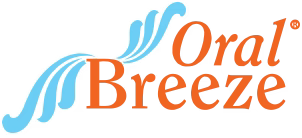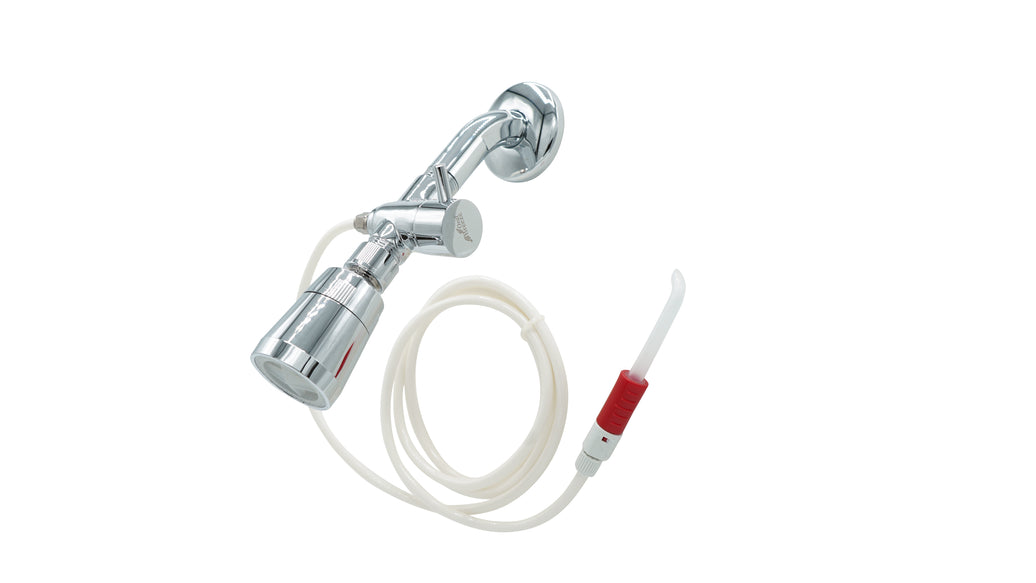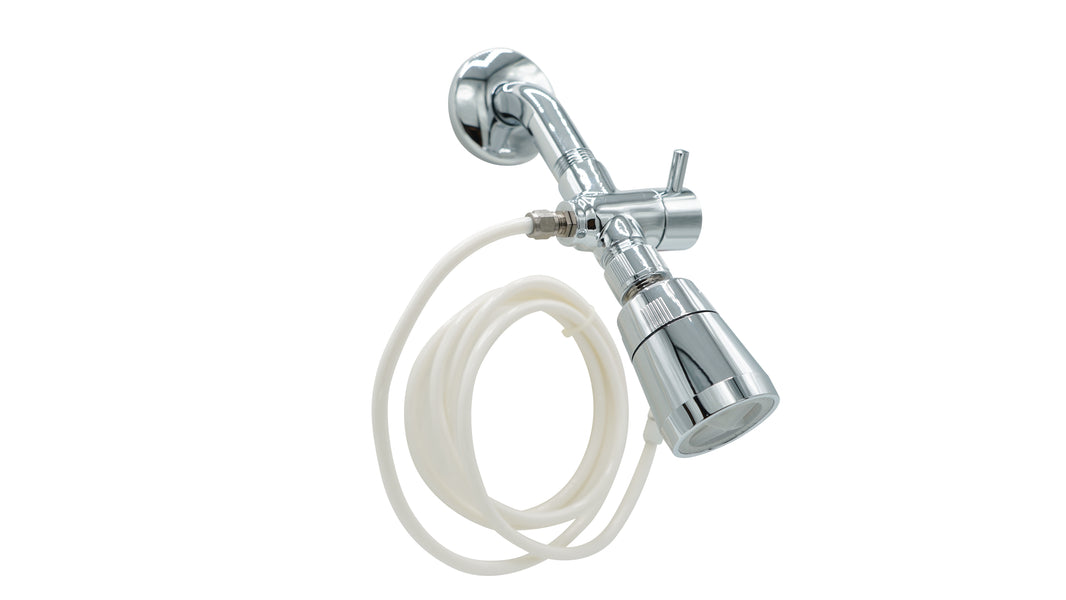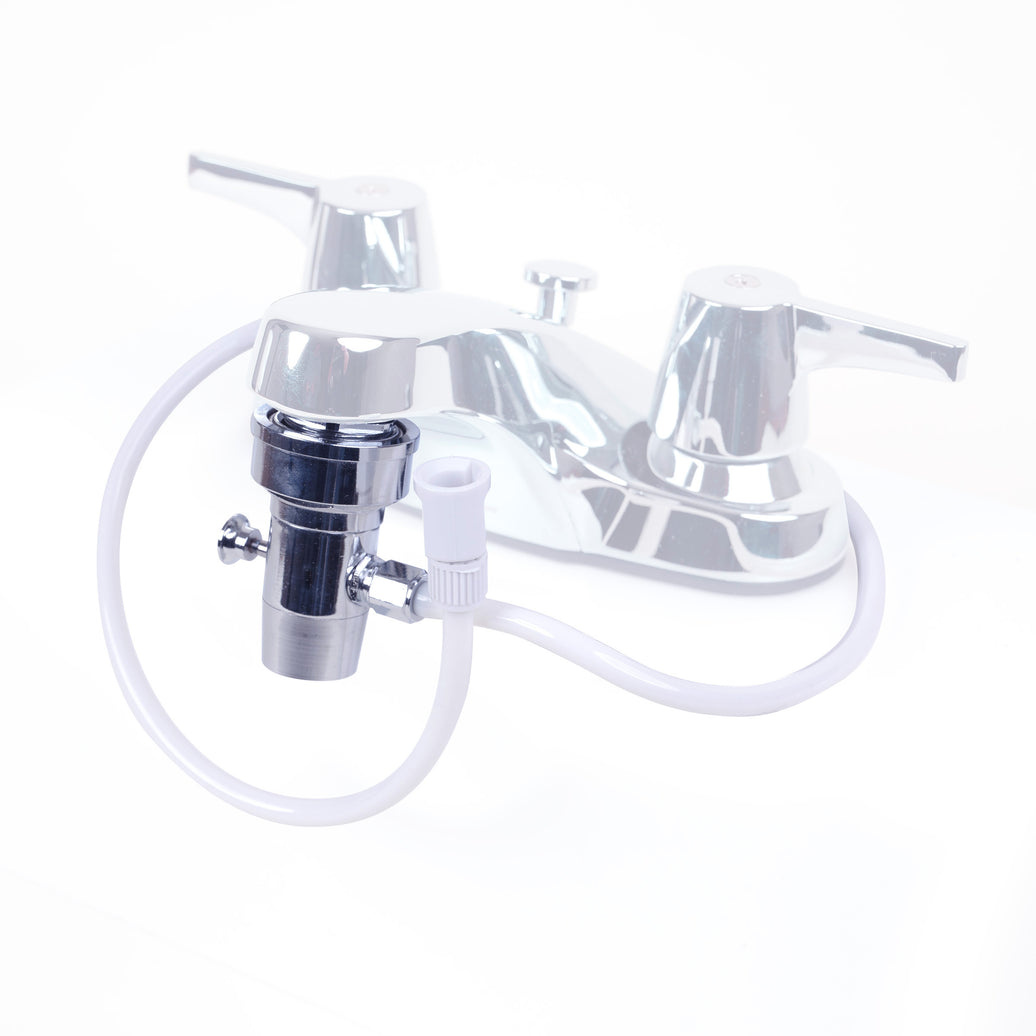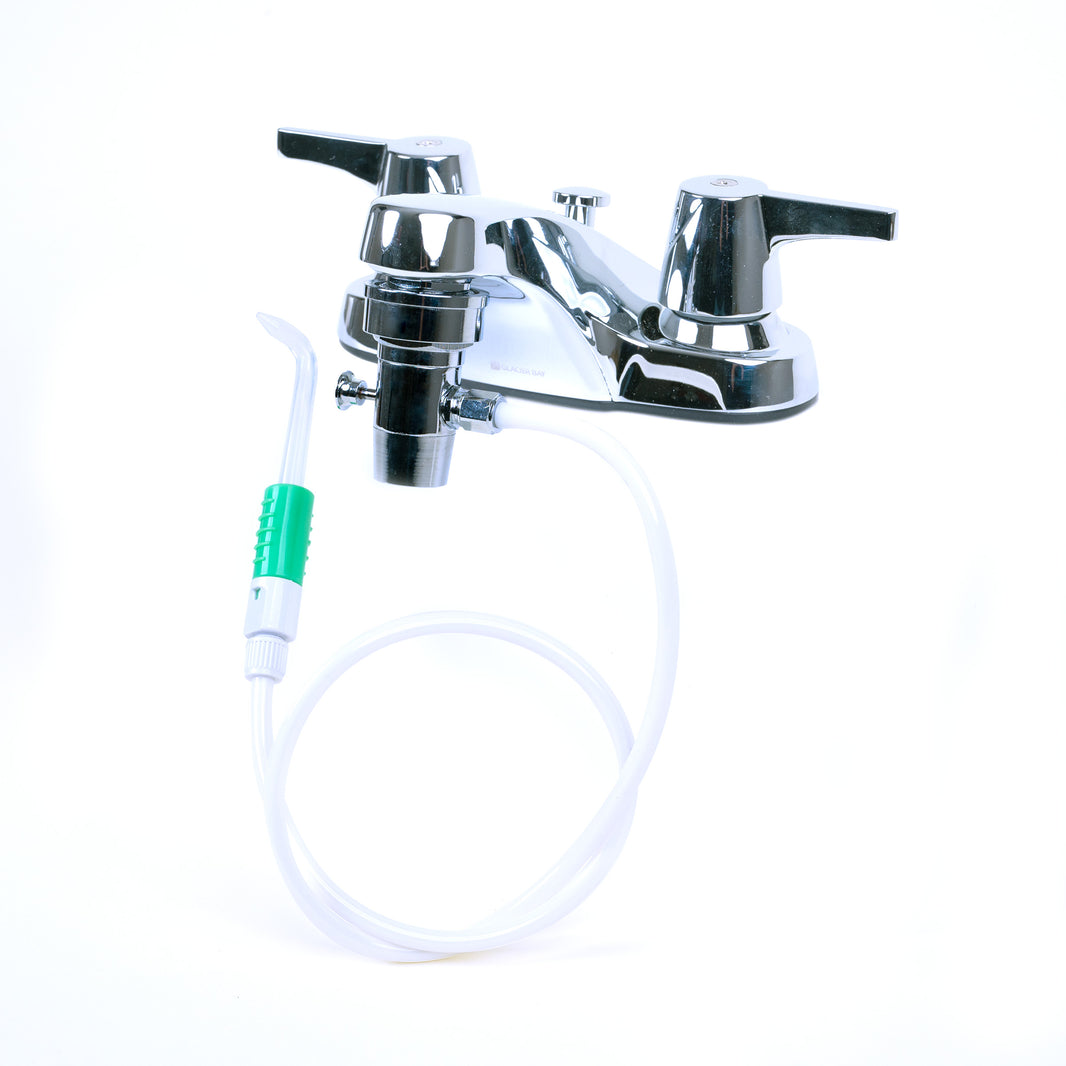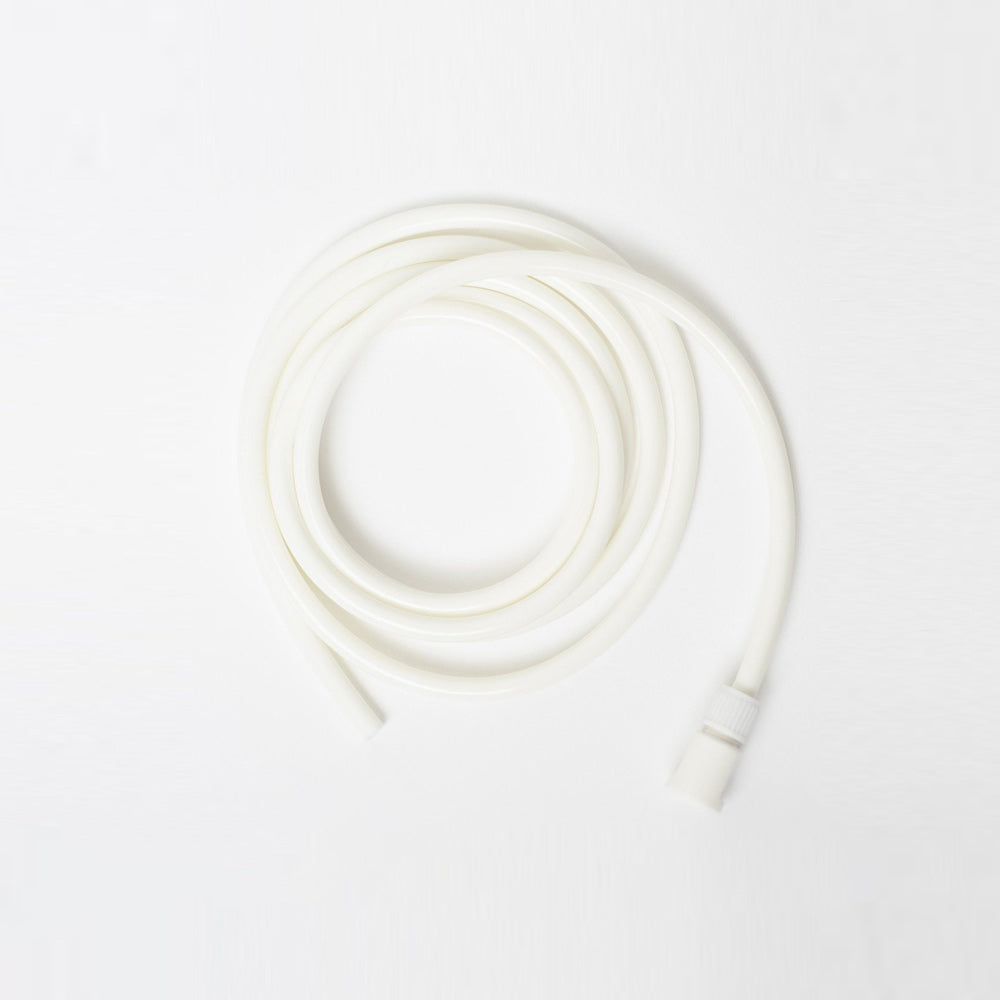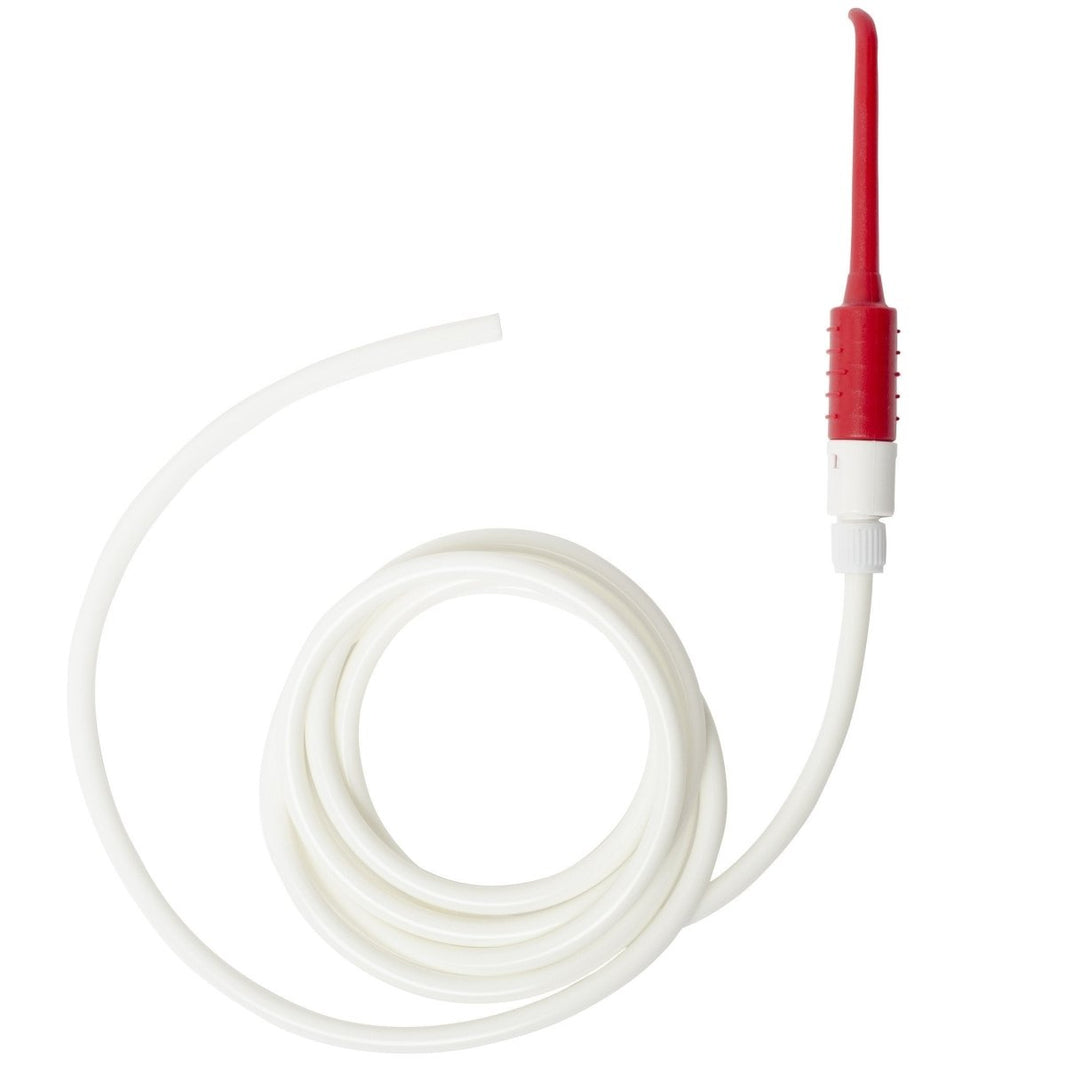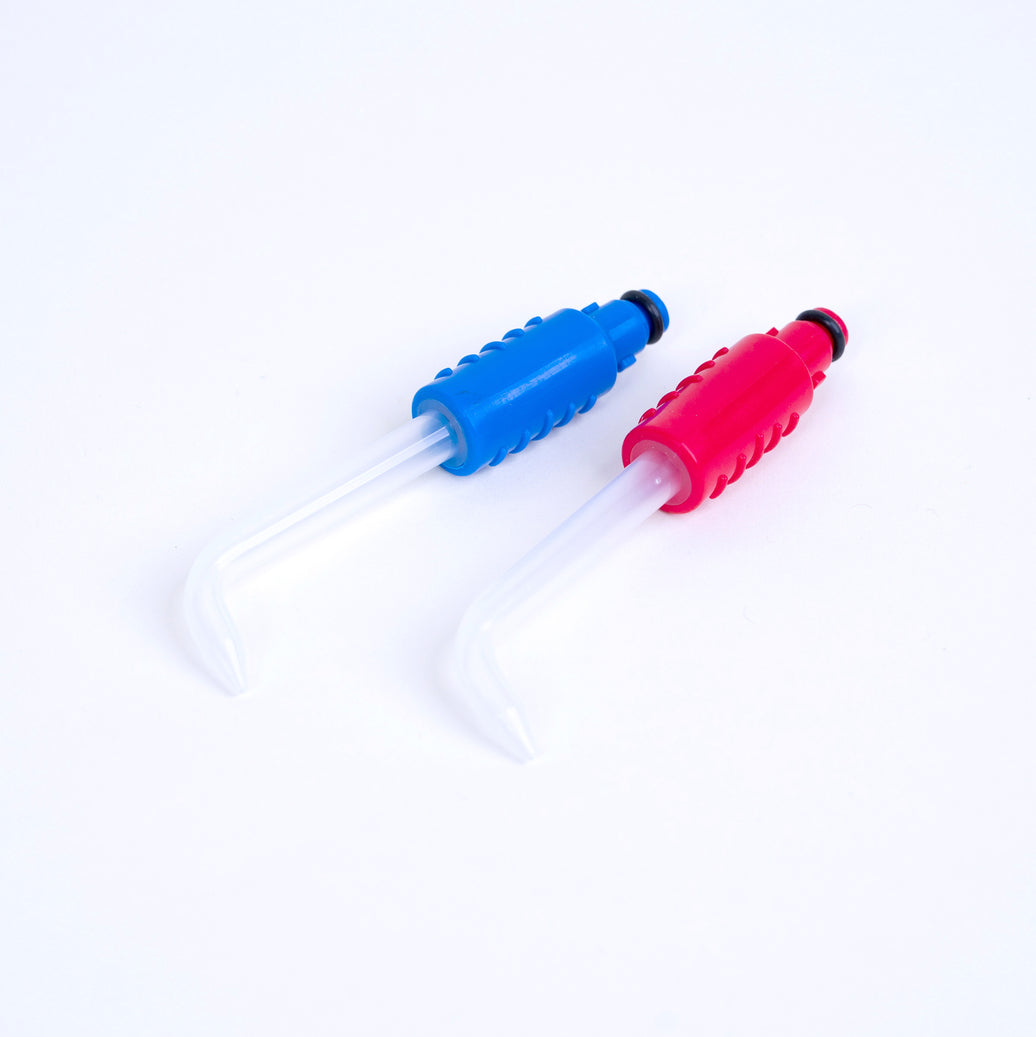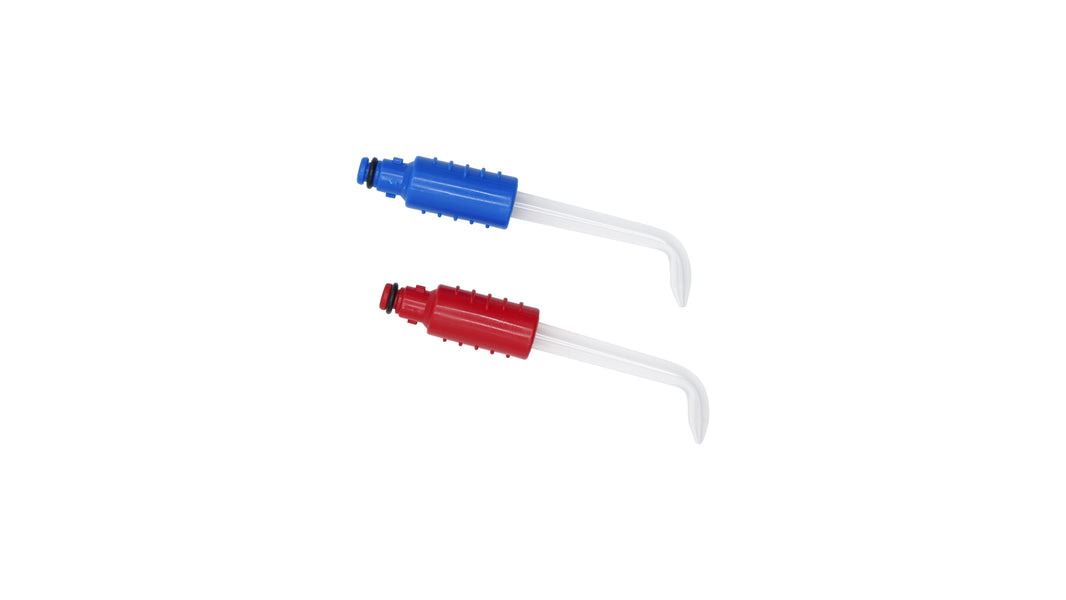Gum disease is becoming increasingly common these days due to poor eating habits and inadequate oral hygiene. The severity of this disease varies from slight inflammation of gum tissue to advanced bone and tooth loss. It is very important to treat this disease as soon as possible as it is the only way to reverse the process. If it is allowed to progress into a more advanced condition, chances are high that the effects may be too serious to correct.
Prescription drugs, rinses, and locally delivered antibiotics are sometimes used in the treatment of advanced gum disease. Some common ones include:
- Chlorhexidine: A powerful antiseptic mouth rinse.
-
Tetracycline: An antibiotic commonly used for treating inflammation. It is also very effective in the case of inhibiting bacterial growth.
-
Periostat: Antibiotic Doxyxycline, a member of the Tetracycline family. Helps prevent the breakdown of tissue attachment.
-
Actisite: A threadlike fiber containing Tetracycline. Placed under the gums, it delivers the antimicrobial over a period of 10 days.
-
PerioChip: A small chip placed in the gum pocket by your dentist. It slowly releases Chlorhexidine directly to the infected area.
-
Arestin: Small capsules which are placed into the gum pocket by your dentist. It delivers a slowly released antibiotic Tetracycline and is effective in reducing the depth of gum pockets.
-
Elizol: The antibiotic Metronidazole in a gel, which is applied directly to the gums.
-
Atridox: A locally applied antibiotic consisting of Doxycycline. It is delivered to the surrounding tissue over a period of 21 days.
By keeping your mouth clean of bacterial plaque biofilm, you can help your body fight off gum disease. OralBreeze oral irrigators are an efficient way to flush away bacteria and loosely attached plaque, helping the healing process in gingivitis and gum disease.
